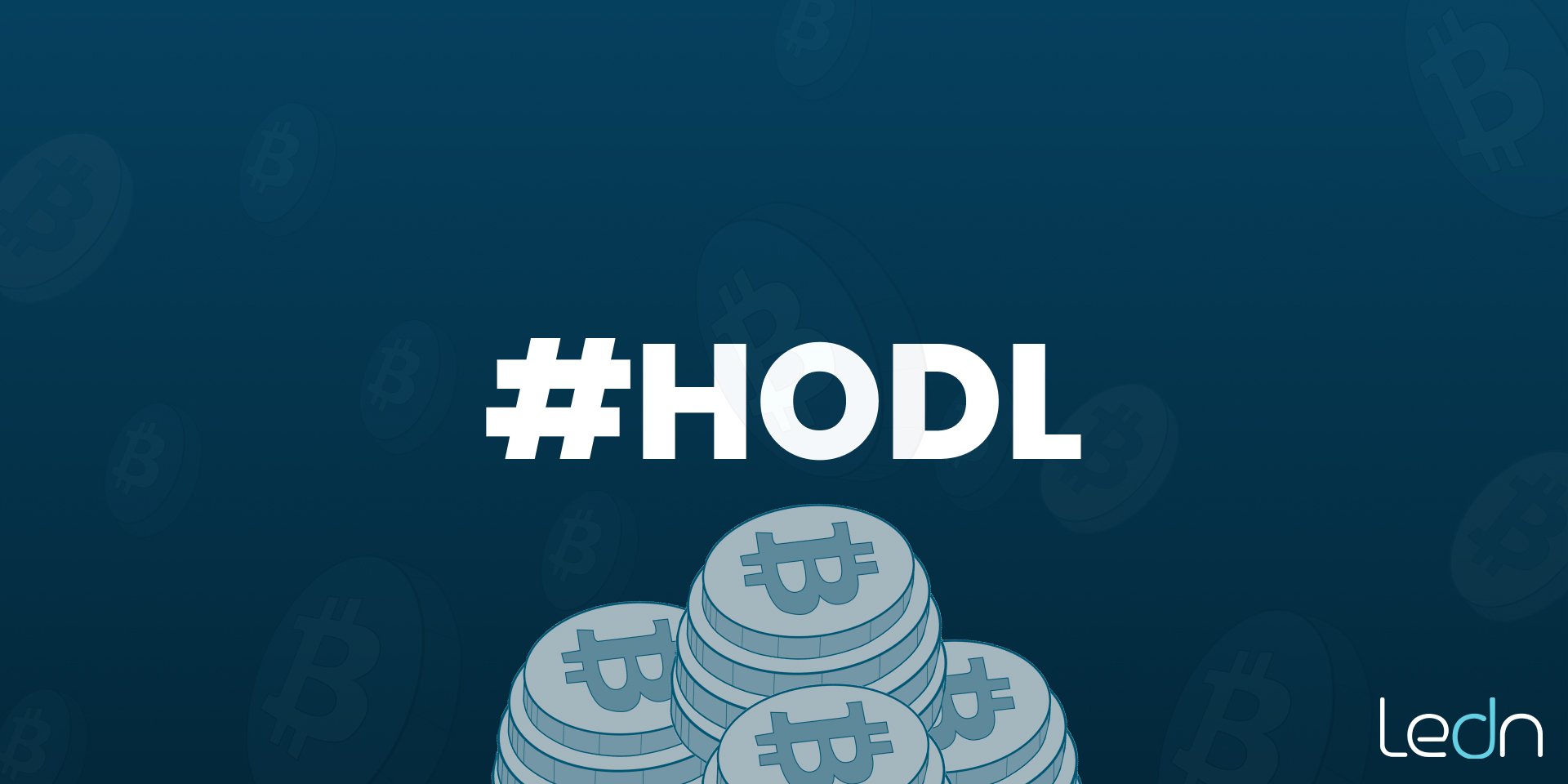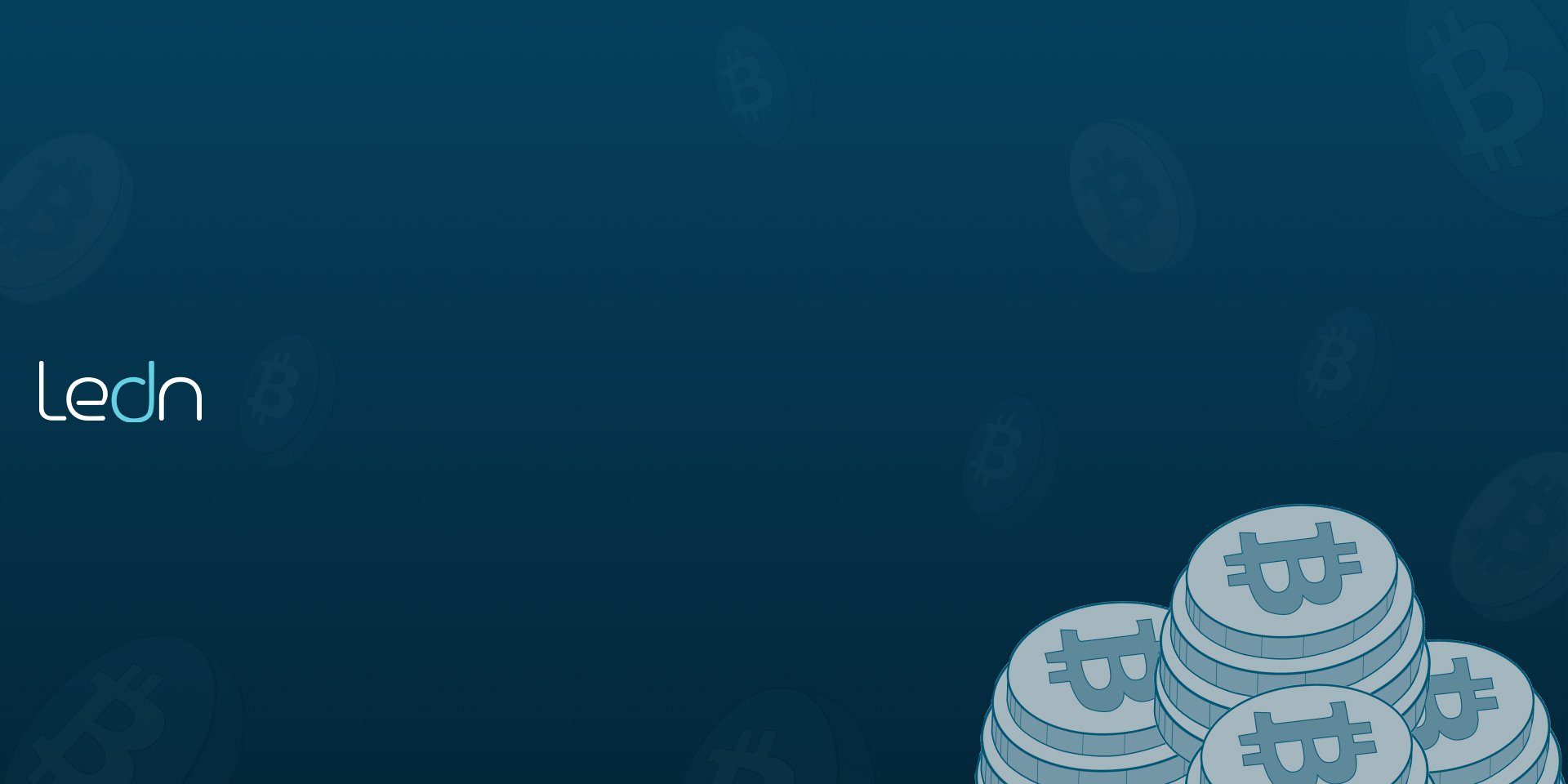
Bitcoin

S&P 500

Gold

DeFi

Mining

What's Ahead
This article is intended for general information and discussion purposes only, it is not an offer, inducement or solicitation of any kind, and is not to be relied upon as constituting legal, financial, investment, tax or other professional advice. This article is not directed to, and the information contained herein is not intended for distribution to, or use by, any person or entity in any jurisdiction or country where such distribution, publication, availability or use would be contrary to law or regulation or prohibited by any reason whatsoever or that would subject Ledn and/or its affiliates to any registration or licensing requirement. This article is expressly not for distribution or dissemination in, and no services are being marketed or offered to residents of, the European Union, the United Kingdom or the United States of America. A professional advisor should be consulted regarding your specific situation. Digital assets are highly volatile and risky, are not legal tender, and are not backed by the government. The information contained in this publication has been obtained from sources that we believe to be reliable, however we do not represent or warrant that such information is accurate or complete. Past performance and forecasts are not a reliable indicator of future performance. Any opinions or estimates expressed herein are subject to change without notice. We expressly disclaim all liability and all warranties of accuracy, completeness, merchantability or fitness for a particular purpose with respect to this article/communication. For full legal terms and conditions visit https://ledn.io/legal

About the author
Mauricio Di Bartolomeo
Mauricio is the co-founder and Chief Strategy Officer of Ledn.io. He grew up in Venezuela where he and his family learned about Bitcoin. Now based in Canada, Mauricio holds HBA and MBA degrees from the Richard Ivey School of Business in London, Ontario in Canada.


%20-%20BEC_CTA_B2X.jpg)

